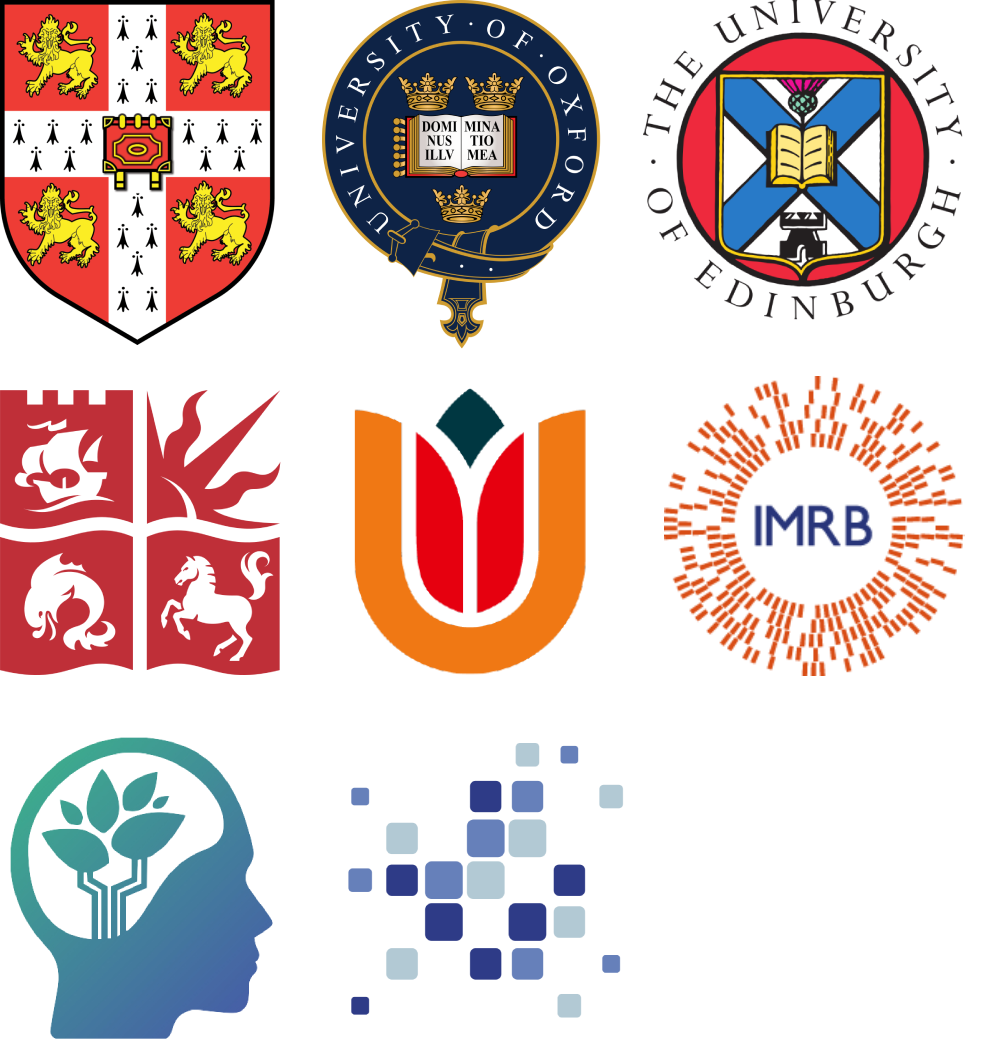
We will soon be setting up a Co-Production Council to meaningfully co-produce three research projects:
• Video games and cognitive testing
• Physical health prediction for people starting anti-psychotic drug treatment
• Evidence-based, actionable lifestyle management of mental (and physical) health
We will be inclusive of a spectrum of demographics and expertise. As a hub in the new national Mental Health Platform, we also want to be representative of lived experience at all four UK sites participating in ImmunoMind.
ImmunoMIND will be a national and international hub of scientists and people with lived experience working openly and transparently together. We will seize the opportunity provided by big data (large, diverse sets of information that grow at ever-increasing rates) and advanced computational analysis (used to gain understanding through the analysis of mathematical models on computers) to find causal pathways that connect physical and mental health. This will speed up the development of personalised treatments that work by targeting the immune and metabolic causes of severe mental illness in those patients most likely to benefit.


There is growing evidence through research that people with severe mental illness can also have unusual changes in their immune system, like inflammation, and have increased risk of metabolic disorders, like obesity, due to unusual fat and sugar metabolism in the body. These links between physical and mental health indicate a new opportunity to understand, treat and prevent severe mental illness and make significant advances on a science-based approach for precision psychiatry. The challenge now is to discover how immune and metabolic factors can actually cause severe mental illness by using biomarkers, such as blood tests and brain scans to identify which patients will benefit from personalised treatment or lifestyle management.
ImmunoMIND will address these key challenges by bringing together a diverse group of investigators with inter-disciplinary scientific expertise, and people with lived experience. The team will use large amounts of existing data, from genetic studies of severe mental illness and other sources

